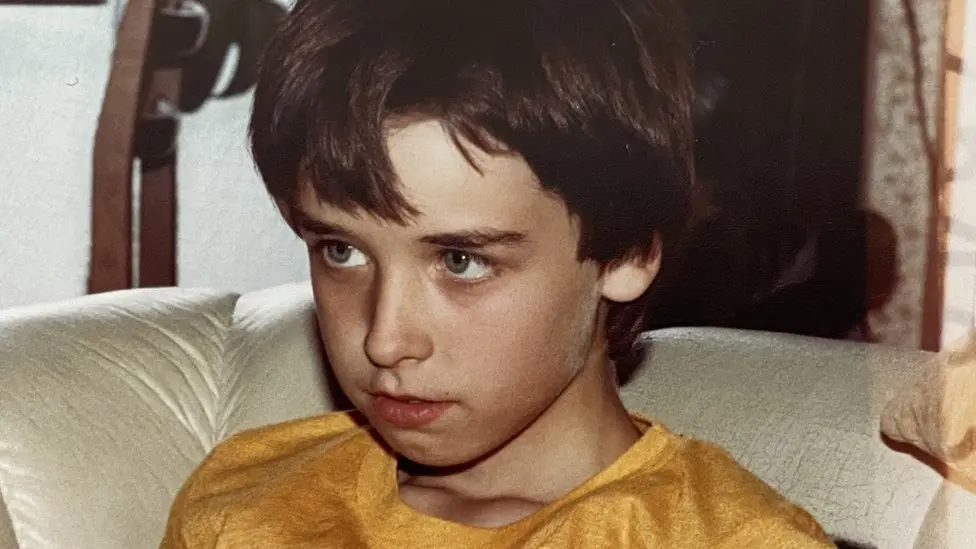Children used as ‘guinea pigs’ in clinical trials
Children being used as ‘guinea pigs’ in clinical trials is a concerning issue that raises ethical questions about the treatment of the most vulnerable in society.
These trials often involve testing new medications or treatments on children who may not fully understand the risks involved.
Parents are sometimes pressured or incentivized to enroll their children in these trials, leading to concerns about informed consent.
There have been cases where children have suffered adverse effects or even died as a result of being involved in clinical trials.
Regulations and oversight mechanisms are in place to protect children in clinical trials, but loopholes and lack of enforcement can still lead to exploitation.
Advocates argue that children should only be included in clinical trials when there is a clear benefit to their health and well-being.
It is important for researchers to prioritize the safety and well-being of children over the desire to test new treatments or medications.
Educating parents about the risks and benefits of participating in clinical trials is essential to ensuring that children are not used as ‘guinea pigs’.
Ultimately, the ethical treatment of children in clinical trials requires a balance between advancing medical knowledge and protecting the rights of vulnerable individuals.


